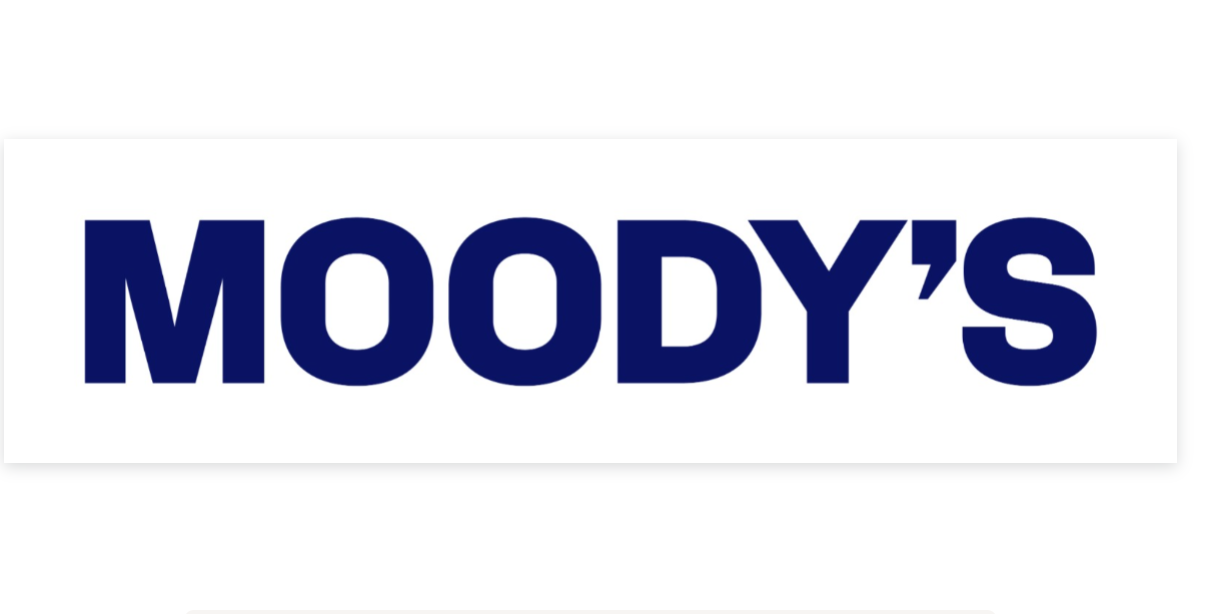BAKU, Azerbaijan, October 11. Offering Shariah-compliant products will create new income streams for banks in Azerbaijan, Trend reports via Moody's.
The rating agency recalls that on 7 October, the Central Bank of the Republic of Azerbaijan (CBA, Baa3 positive) announced that Islamic banking products will be introduced in Azerbaijan with effect from 2026. Authorities are working on additional regulatory measures to promote the development of Islamic finance in the country, including amendments to the Civil Code, Banking Law and Tax Code, with the key proposal being an exemption of Islamic finance transactions from value-added tax.
"Once the new framework is established, conventional banks will be able to offer Islamic banking services through Islamic windows. The initial aim is to familiarize the market with Shariah-compliant products and lay the groundwork for broader implementation. The CBA will oversee the rollout and refine regulations before expanding the product range," reads the latest report from Moody's.
The rating agency analysts believe that the proposed regulatory amendments are credit positive because they would enhance banks' profitability and improve their funding and liquidity profiles.
"As seen in the Kyrgyz Republic, successful implementation has the potential to expand local banks' Islamic finance offerings and increase levels of financial inclusion. The introduction of Islamic windows will allow Azerbaijani banks to tap a largely underserved segment, while the development of a framework for sukuk issuance will enable banks to attract funding from Islamic development institutions, strengthening their liquidity and providing liquidity management tools. Offering Shariah-compliant products will also create new income streams for banks," the report says.
Moody's notes that Azerbaijan currently has no fully fledged Islamic banks or windows despite potentially strong demand, given that 97% of the country's population of 10.4 million identify as Muslim.
"An absence of enabling regulations has historically constrained the sector's development. While demand prospects are strong, however, operational and regulatory hurdles could slow implementation. International Bank of Azerbaijan (Ba1 stable) launched an Islamic Banking Department in 2013 to serve small and medium-sized enterprises (SMEs) and retail clients, but the initiative was discontinued in 2015. If the current plan succeeds, Azerbaijan could see the emergence of fully Shariah-compliant banks and sukuk issuance to support SME growth and infrastructure project financing," the report reads.
The rating agency says that Azerbaijan’s move follows Uzbekistan’s recent approval of a draft law on Islamic banking, signaling a broader regional trend toward Islamic finance.
"While previous experience from other Central Asian peers shows that full-scale implementation may take longer than anticipated, cooperation with international Islamic finance institutions should accelerate the process," Moody's analysts conclude.







